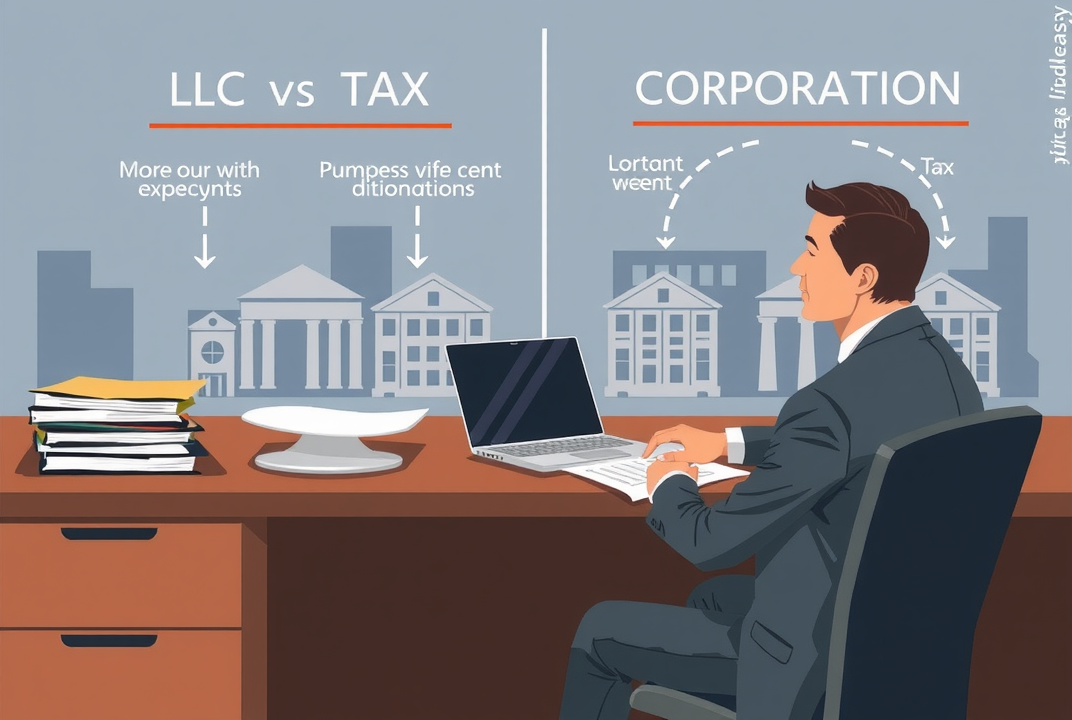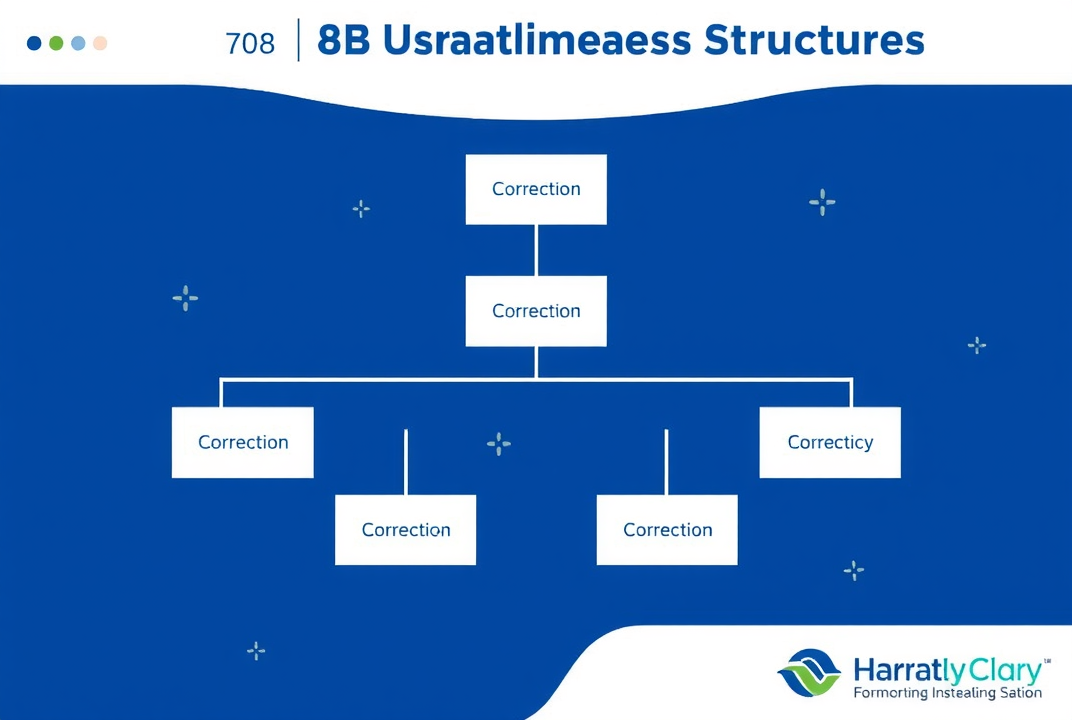Business Formation: A Guide to Understanding Tax Implications

Starting on the Right Foot: The Basics of Business Formation
When deciding to start a business, one of the first crucial decisions you'll face is choosing the right business structure. This decision sets the stage for everything from your day-to-day operations to the amount you pay in taxes. Whether you're launching a small indie shop or a tech startup, the structure you choose is a foundational step that influences your company's future growth and compliance obligations.
Why is this important, you ask? Well, the business structure affects your personal liability, how much you pay in taxes, and your ability to raise money. Let's break down the most common types: Sole Proprietorship, Partnership, Limited Liability Company (LLC), Corporation, and S Corporation.

Sole Proprietorship and Partnership: Simplicity at a Cost
For many entrepreneurs, starting with a Sole Proprietorship or Partnership offers simplicity. These structures mean less paperwork and direct control over the business. However, they come with the significant downside of unlimited personal liability for debts and obligations. Essentially, you're inseparable from your business in the eyes of the law.
Tax Implications: Sole Proprietors report business income on a personal tax return. Partnerships must file an information return but do not pay federal income tax. Instead, profits and losses are passed through to partners and reported on their personal taxes.

LLC: Flexibility Balanced with Protection
The Limited Liability Company (LLC) combines characteristics of both partnerships and corporations. You enjoy the limited liability protection of a corporation with the tax efficiencies and operational flexibility of a partnership.
Tax Implications: LLCs often benefit from "pass-through" taxation where the income is only taxed once at the member personal level. However, LLCs have the choice to be taxed as a sole proprietor, partnership, S corporation, or C corporation, depending on what’s ideal for the business goals.
Corporation: Structure Meets Scalability
Corporations, whether C Corps or S Corps, are considered separate entities from their owners. This separation offers protection from personal liability for business debts but involves more regulations and administrative tasks.
Tax Implications: A C Corporation faces double taxation — once at the corporate level on earnings and again at the individual level on dividends. An S Corporation, however, allows profits, and some losses, to be passed directly to the owner's personal income without being subject to corporate tax rates.

Navigating the Maze of Tax Obligations
Understanding how your business structure impacts your tax obligations is crucial. It’s like solving a puzzle where each piece, if placed correctly, can save you money and prevent legal headaches.
Early Planning and Compliance
Setting up your business for tax success begins with early planning. Are you familiar with the various filing and reporting requirements that apply to your chosen structure? Each entity, whether it’s a simple LLC or a more complex corporation, has different needs. Familiarize yourself with local, state, and federal requirements.

Leveraging Tax Deductions and Credits
Once your business is up and running, knowing your entitled deductions and credits can save significant money. As a business owner, you'll encounter operational expenses like rent, utilities, and wages. But did you know you can deduct expenses related to your home if it's used for business purposes?
Common deductions include:
Home office
Vehicle expenses
Salaries and benefits
Credits like the Small Business Health Care Tax Credit or energy-saving incentives can significantly boost your bottom line by offsetting some of your company’s tax liabilities.
Distribution and Retention of Profits
How you choose to distribute or retain profits also carries tax implications that vary by structure.
Reinvesting in Your Business
Opting to reinvest earnings into your business can defer tax payments and support growth. Think of it as planting seeds for future returns — strategic reinvestment can strengthen your company and drive further success.
Paying Dividends or Salaries
For corporations, the decision between paying yourself a salary or dividends can impact how you pay taxes. While salaries are subject to payroll taxes, dividends might be taxed at a different rate, influencing your personal financial strategy.

Avoiding Common Tax Pitfalls
Every business, regardless of its size, should strive to avoid common tax pitfalls. Proper record-keeping, regular financial reviews, and possibly hiring a tax advisor can make a huge difference.
Stay Ahead with Record Keeping
Keep accurate records of all business transactions. This habit not only helps with daily operations but becomes invaluable during tax season or in the event of an audit.
Seek Professional Guidance
Hiring a tax professional can be one of the wisest moves. They can offer insights you might overlook and ensure compliance with ever-changing tax laws.
Final Thoughts and Call to Action
Understanding business formation and its tax implications isn't just a necessary step — it's an exciting opportunity to ground your entrepreneurial venture in solid, financially sound practices. Don’t just breeze through these critical decisions; instead, approach them armed with the knowledge and strategy required to thrive.
Ready to take the next step? Whether you’re at the threshold of launching your business or looking to optimize your current operations, the right choices today can lead to monumental successes tomorrow! Set the foundation for your success NOW.
Remember: Choosing the right business structure and understanding its tax implications doesn't solely dictate compliance but propels you toward exciting growth opportunities. When you're equipped with the knowledge to navigate these, the possibilities are boundless.
